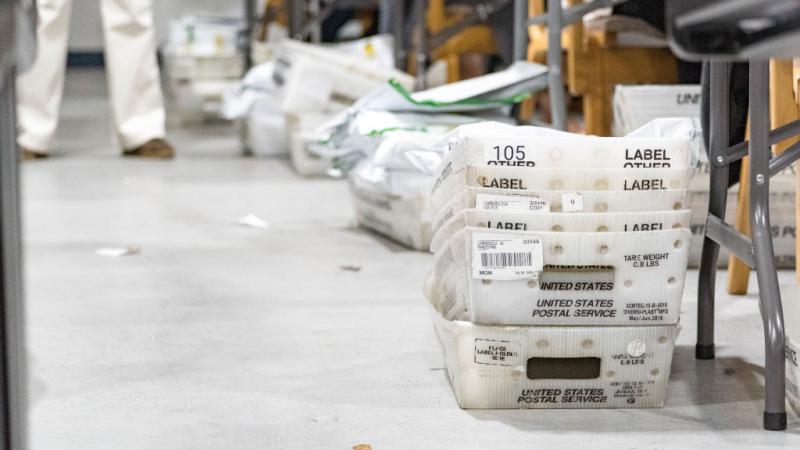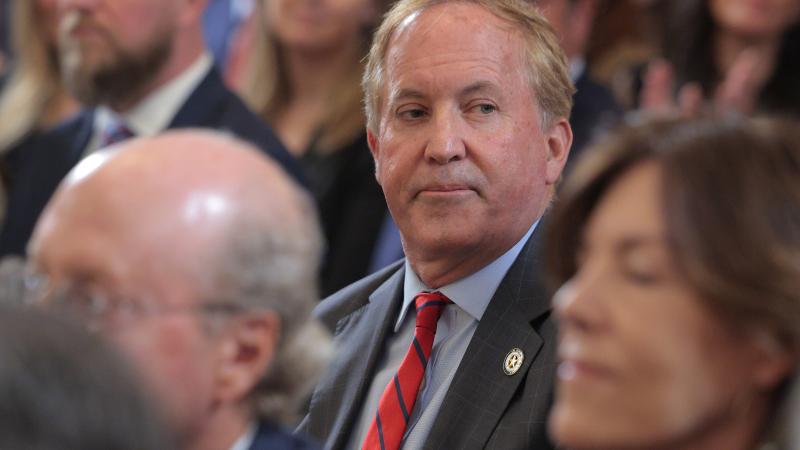California residents will have the chance in November to repeal state's affirmative action ban
The provision was put in place in 1996.
California voters in November will have the chance to end the state's quarter-century-long ban on public affirmative action, a move taken by the state legislature at a time of heightened concerns over racial politics and alleged institutional inequality throughout the country.
California's Proposition 209, passed in 1996, forbid public authorities from granting preferential treatment to "any individual or group on the basis of race, sex, color, ethnicity, or national origin." The rule applies to both government authorities and public institutions of education, including higher education.
The policy has survived numerous legal challenges, including two trips to the state supreme court and a 2012 challenge struck down at appeal.
Yet California Assembly Constitutional Amendment No. 5, passed by the State Assembly earlier this month and by the State Senate yesterday, would if passed by voters in November repeal the 1996 provision and once again permit public officials to practice effective discrimination in hiring and admissions policies.
State Sen. Steven Bradford yesterday urged his fellow senators to vote to put the amendment on the ballot, telling them to "quit lying to yourselves and saying race is not a factor."
"The bedrock of who we are in this country is based on race," Bradford, who is black, said.
The measure in the Senate yesterday was approved with total Democratic support and near-total Republican opposition, save for Republican Sen. Scott Wilk, who voted in its favor.















